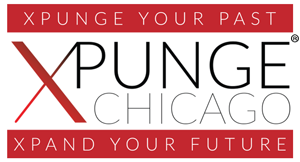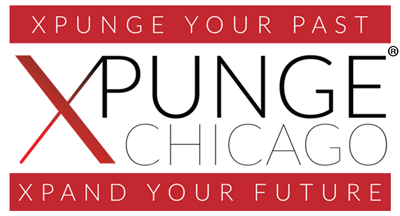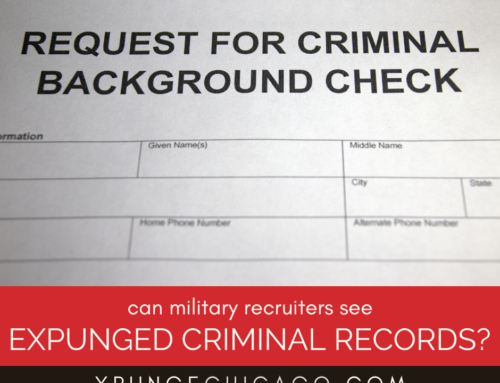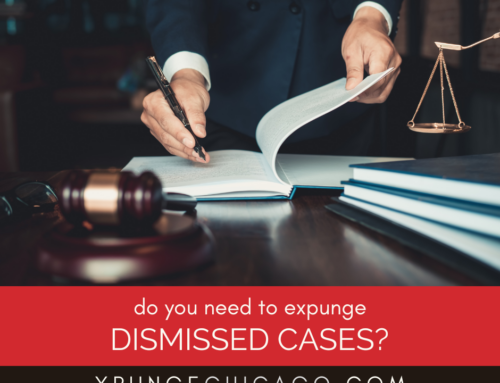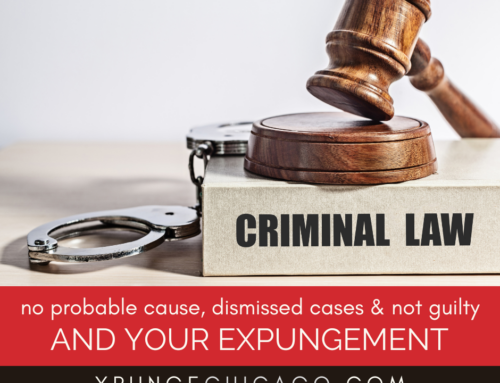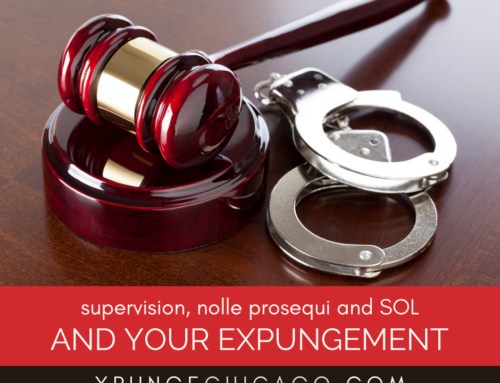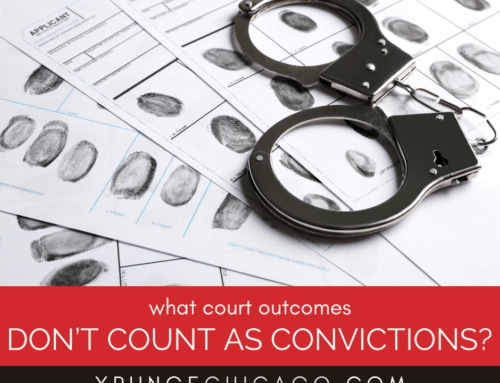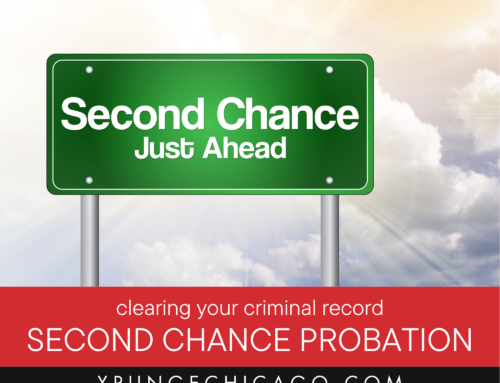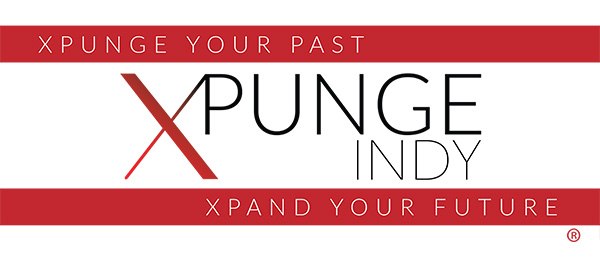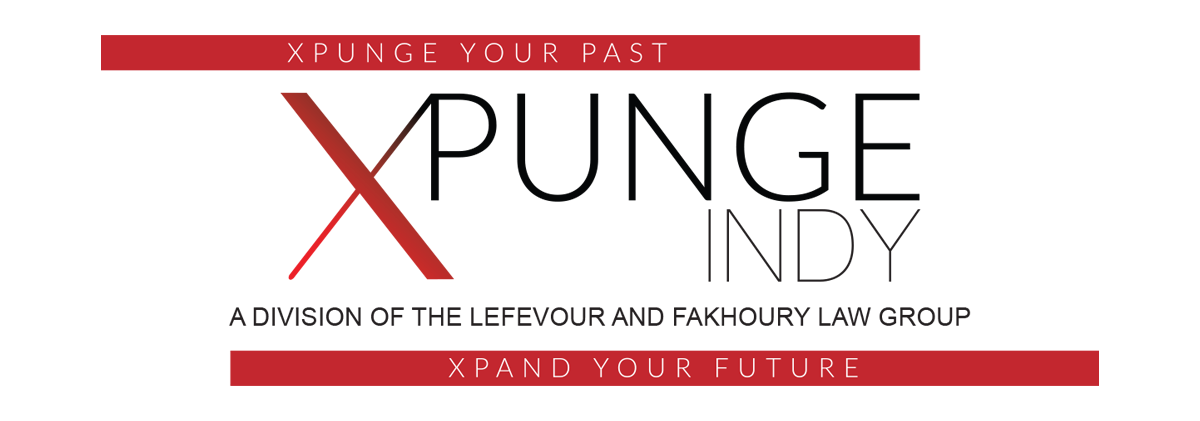
If you’re like many people, you’ve considered having your criminal record expunged – but what is expungement, and could it be the right choice for you? Check out this Illinois expungement FAQ to learn more, and if you don’t see the answers to your questions here, call us at 847-920-4540 for a free case review with an experienced attorney now.
Expungement FAQ
Some of the most common questions we hear about expungement include:
- How much does expungement cost?
- How long does it take to expunge a record?
- What is a pardon?
- Is expungement different from sealing?
- What is a conviction, and what isn’t a conviction?
- What happens after my record is expunged?
Here are the answers to each.
How much does expungement cost?
Criminal record expungement requires you to pay filing fees with the court (plus an attorney’s fee if you choose to work with a lawyer). For some people, hiring an attorney is the best choice – and that’s because expungement requires a lot of paperwork that can be confusing and time-consuming. All that paperwork must be filed with the court. For some people, DIY expungement is the best option – you get instant access to all the forms you need to ask the court to expunge or seal your records, plus access to an attorney when you have special circumstances or questions about what to do.
How long does it take to expunge a record?
It can take several months to expunge a record. Your paperwork has to go through all the appropriate channels before it ends up in front of a judge. After the judge reviews your petition, he or she will make a decision.
What is a pardon?
A pardon is different from expungement. They’re not very common, though, because they require approval from the governor. You can learn how to get a pardon here.
Is expungement different from sealing?
Expungement is different from sealing. An expungement completely clears your criminal record – it’s like you were never arrested or charged with a crime. Sealing simply hides some or all of your criminal record from the public; some people can still see it, such as law enforcement officers and court officials, as well as some employers.
What is a conviction, and what isn’t a conviction?
When you’re found guilty of a crime, you’ve been convicted. That’s true whether you were sentenced to prison or jail, probation, conditional discharge or fines, or if you were sentenced to “time served.” If you’re found not guilty, you have not been convicted. You have not been convicted if your court paperwork says:
- Nolle prosequi (NP)
- Stricken Off With Leave to Reinstate (SOL)
- Finding of No Probable Cause (FNPC)
- Dismissed
If you were sent to special first offender drug probation or TASC probation, you most likely do not have a conviction for that offense.
What happens after my record is expunged?
After a judge grants your petition for expungement, your records are destroyed or returned to you. It’s like you were never arrested in the first place, and you don’t have to tell employers or anyone else about your previous record.
Related: 3 things you need to know about expungement
Do You Need to Talk to a Lawyer About Expungement?
If you need to talk to an attorney about expunging your criminal record, we can help. Call us at 847-920-4540 now to learn how.
Oops! We could not locate your form.
